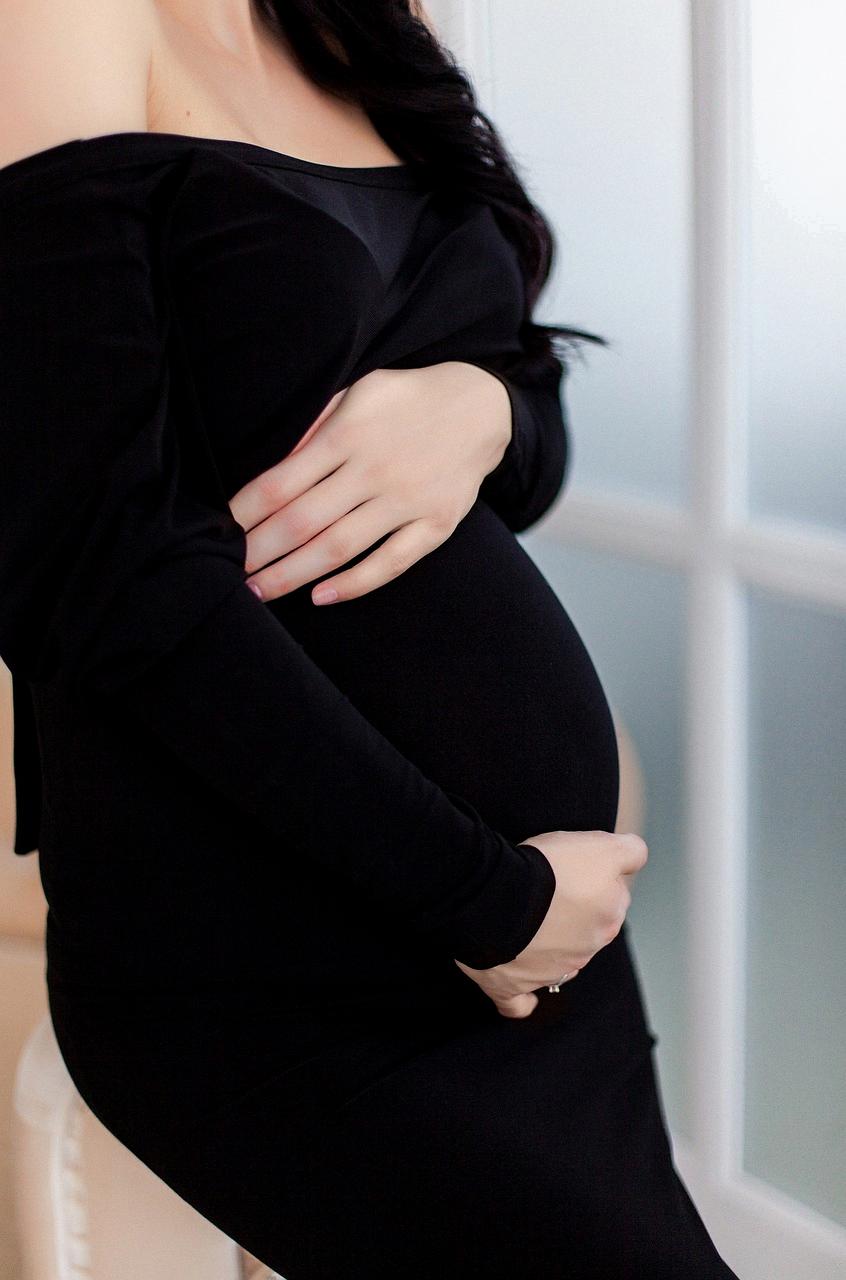During pregnancy, it is natural for women to experience some level of stress due to the physical and emotional changes they are going through. However, excessive stress can have detrimental effects on both the mother and the developing baby. It is essential for pregnant women to manage their stress levels effectively to ensure a healthy pregnancy and delivery.
One of the significant impacts of stress on a pregnant woman is the disruption it can cause to her sleep patterns. High levels of stress can lead to insomnia, making it challenging for the mother-to-be to get adequate rest. This lack of sleep can further increase feelings of fatigue and irritability, affecting her overall well-being.
Furthermore, stress can manifest itself physically in the form of headaches and body aches. Pregnant women experiencing stress may notice an increase in tension headaches or migraines, which can be quite debilitating. Additionally, muscle tension and soreness can contribute to discomfort and make it harder to relax.
Stress can also impact a pregnant woman’s appetite, leading to changes in eating habits. Some women may experience a loss of appetite when under stress, which can affect their nutrient intake and energy levels. On the other hand, stress can also trigger emotional eating, causing some women to overeat as a coping mechanism.
High levels of stress during pregnancy have been linked to elevated blood pressure, a condition known as gestational hypertension. This increase in blood pressure can pose serious risks to both the mother and the baby, as it is associated with complications such as preeclampsia and preterm labor.
Furthermore, excessive stress can have a direct impact on the unborn baby’s development. Studies have suggested that high levels of stress hormones circulating in the mother’s body can cross the placental barrier and affect the baby’s developing brain and nervous system. This can lead to long-term consequences for the child’s health and behavior.
In addition to physical effects, stress can also have an emotional toll on pregnant women. Feelings of anxiety, depression, and mood swings are common among women experiencing high levels of stress during pregnancy. These emotional struggles can impact the mother’s ability to bond with her baby and can contribute to postpartum depression.
Another concerning effect of stress on pregnant women is the increased risk of preterm labor. Research has shown that women under high stress levels are more likely to deliver prematurely, putting the baby at risk for health complications and developmental delays. It is crucial for pregnant women to seek support and coping mechanisms to reduce this risk.
Moreover, stress can also affect the baby’s birth weight, with high levels of stress increasing the likelihood of delivering a low-birth-weight infant. Babies born with low birth weight are at a higher risk of developing health issues and may require additional medical attention in the neonatal period.
It is important for pregnant women to be proactive in managing their stress levels and seeking support when needed. Engaging in relaxation techniques such as prenatal yoga, deep breathing exercises, and mindfulness meditation can help alleviate stress and promote a sense of calmness and well-being.
Creating a strong support system of family, friends, and healthcare providers can also provide pregnant women with the emotional support they need during this challenging time. Open communication about feelings and concerns is essential in addressing stress and finding healthy coping mechanisms.
In conclusion, stress can have a significant impact on a pregnant woman’s physical and emotional well-being, as well as on the development of the unborn baby. By recognizing the signs of stress and adopting healthy coping strategies, pregnant women can safeguard their health and ensure a positive pregnancy experience.

